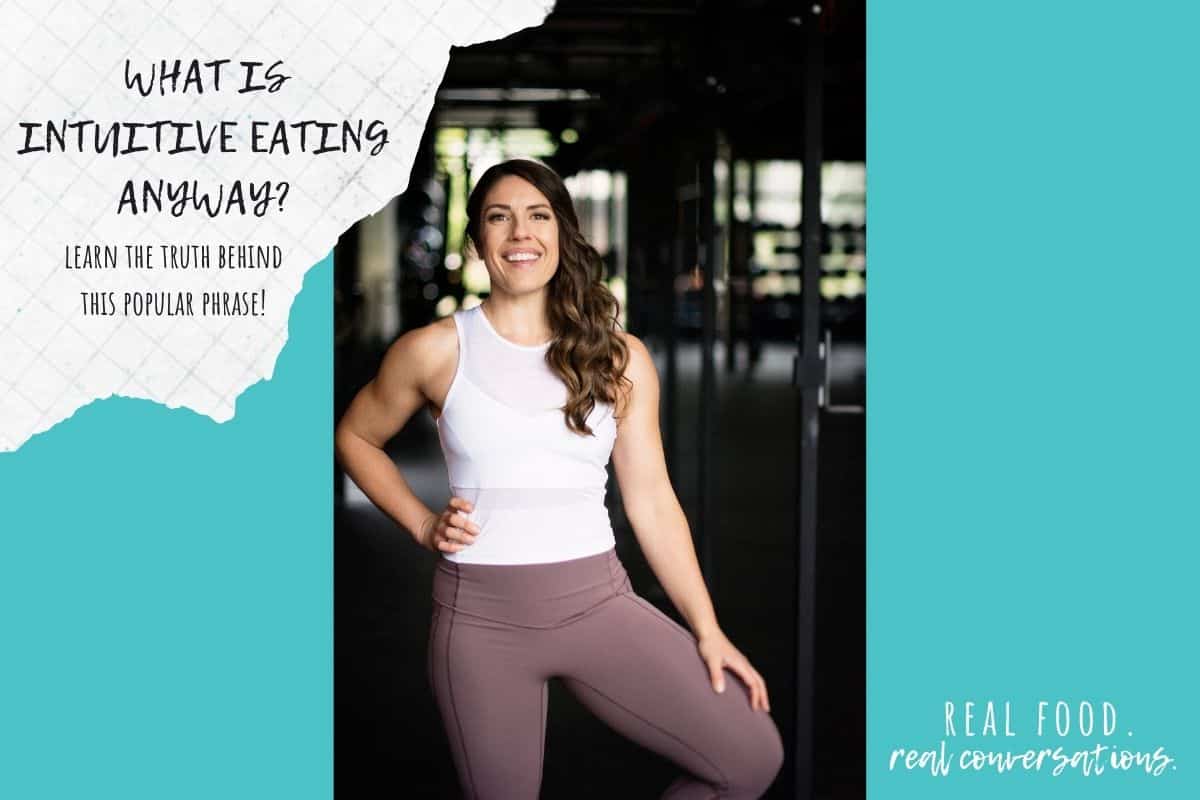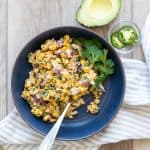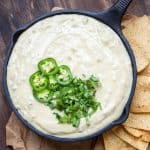We are unpacking the truth behind what intuitive eating really is, clearing up any misconceptions and shedding light on its benefits!

The phrase intuitive eating is thrown around the internet often. But what actually does it mean? There is a lot of misinformation out there and today our guest nutritionist is giving us the truth!
Podcast: Play in new window | Download | Embed Subscribe now! Apple Podcasts | iHeartRadio | TuneIn | Deezer | RSS | More
Steph Gaudreau, NTP, is a nutritional therapy, intuitive eating, and strength training expert helping purpose-driven women build stronger bodies and healthier relationships with food.
In her best-selling book, The Core 4, she details a four pillar approach to building health, embracing your body, and owning your power. Steph is trained in biology and human physiology and is a Nutritional Therapy Practitioner, Certified Intuitive Eating Counselor, and USA Weightlifting Sports Performance coach.
Her weekly podcast, the Listen to Your Body Podcast, has 3+ million downloads. She’s an international speaker that has been featured in Outside, MindBodyGreen, SELF, and ESPN Radio.
Make sure to check out her FREE Food Freedom Mini course!
What is Intuitive Eating?
Simply put, intuitive eating is a set of 10 principals that you use to improve your relationship with food, yourself and your body.
It is when what your body is telling you (as in your likes dislikes, etc) merges with the external stuff you are exposed to (like things you should and shouldn't so, what's "bad" or "good," etc).
Th goal is to find overlap between what the external world tells you and your internal world to achieve optimal health for you.
Everything we consume online and in the media has made people more disconnected with our own bodies and it's needs, so it helps bring us home to our body.
Intuitive Eating and Mindful Eating
Intuitive eating and mindful eating have a lot in common. Mindfulness is a component of intuitive eating, but intuitive eating goes a lot further and deeper.
Both are centered around the concept of honoring your body, being present and in tune.
Both have many studies, but one main difference is that the studies associated with mindful eating tend to be centered on weight loss. However intuitive eating is weight neutral.
You can also get certified to be an intuitive eating counselor.
The Basis of Intuitive Eating
Intuitive eating was first coined in 1995 by two registered dietitians, Evelyn Tribole and Elyse Resch.
It is based on 10 principals:
- Reject the Diet Mentality
- Honor Your Hunger
- Make Peace with Food
- Challenge the Food Police
- Discover the Satisfaction Factor
- Feel Your Fullness
- Cope with Your Emotions with Kindness
- Respect Your Body
- Movement- Feel the Difference
- Honor Your Health- Gentle Nutrition
While it has been around a while, it's really in the last few years that it has caught on.
There are over 150 studies and growing, going into things like the efficacy of intuitive eating for mental and physiological health.
Weight Loss and Intuitive Eating
Intuitive eating is a weight neutral practice. Weight is something that is not focused on and can go up, down or stay the same.
Honoring your hunger is one of the principles of intuitive eating. This not only focuses on the idea of eating when you are hungry, but also learning to feel your body's cues of satiety.
Hormone signals for satiety don't happen in the first 5 minutes of eating, so the simple act of slowing down gives your body a chance to catch up and allows you to feel when you are full.
So instead of counting your calories and allowing that to control what you eat, learning to honor your body's natural cues is the focus with intuitive eating.
Diet Culture
In intuitive eating, you work on making health promoting habits that stick and that have potentially no bearing on weight.
Because weight and health has been so connected for so long, it's hard to break the habit of connecting the two.
The goal of intuitive eating is to improve your relationship with food and when you restrict and count calories, like diet culture promotes, more times than not it lasts only so long because eventually your brain and body will shut down.
You can make choices best for your health and wellbeing, and implement the strategies to help you do that consistently, rather than just focus on weight.
Intuitive eating essentially changes the focus away from weight. Because in reality you can be small and also not healthy.
Tips for Intuitive Eating
Here are some tips to get started with intuitive eating:
- Become more mindful while you eat. Take the moments to notice your sensations about hunger, etc and get use to your body and your body's signals.
- Use an add first approach. Instead of taking away things you don't think you should eat, think of things you can add into your eating like veggies or protein or whatever will help you reach your personal goals. The focus is on what are things we can do better with versus what foods should we take out.
Once you can be consistent for a few weeks, then add something else. It's not a race!
Make sure to check out Steph's FREE Food Freedom Mini course!

PS- If you liked this episode of Real Food Real Conversations, please subscribe and leave me a review!
And tag me on Instagram whenever you're listening! I reply to all my messages!














Questions or comments? Let me know below!